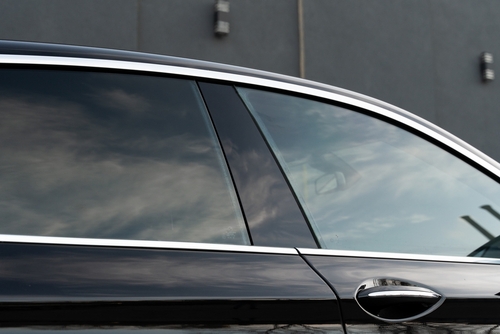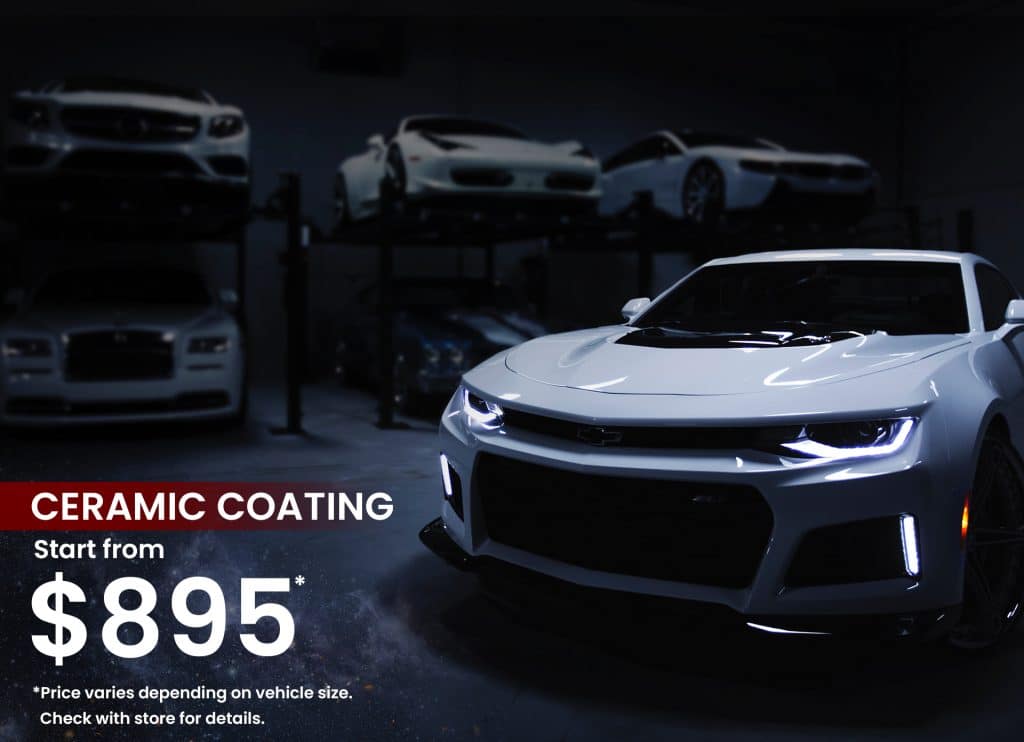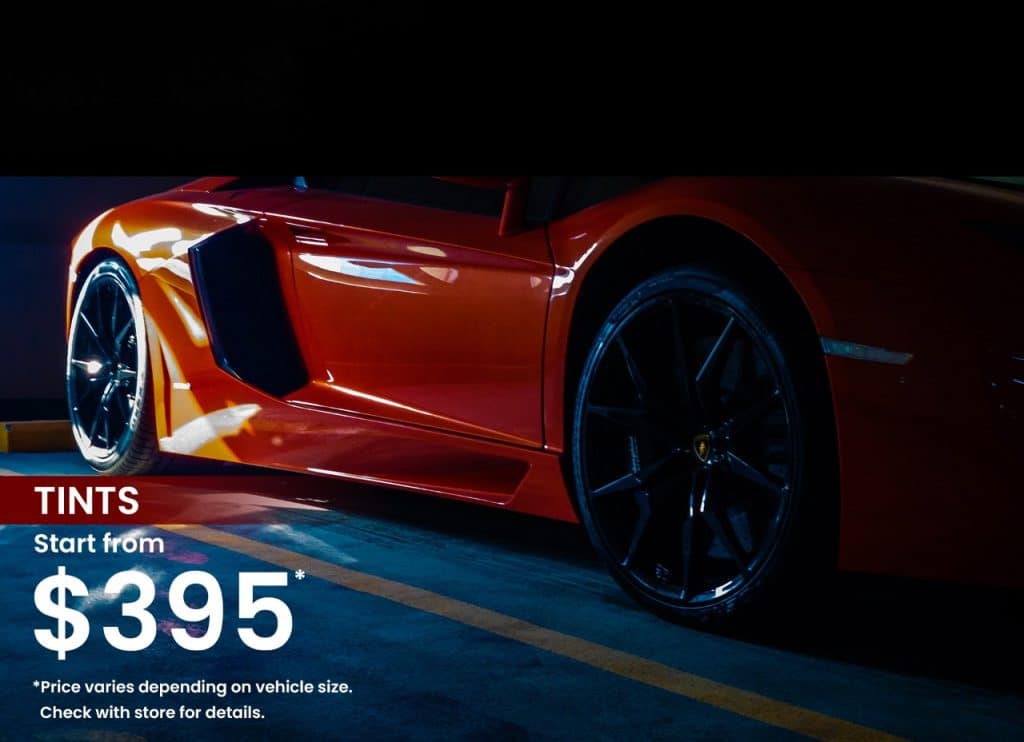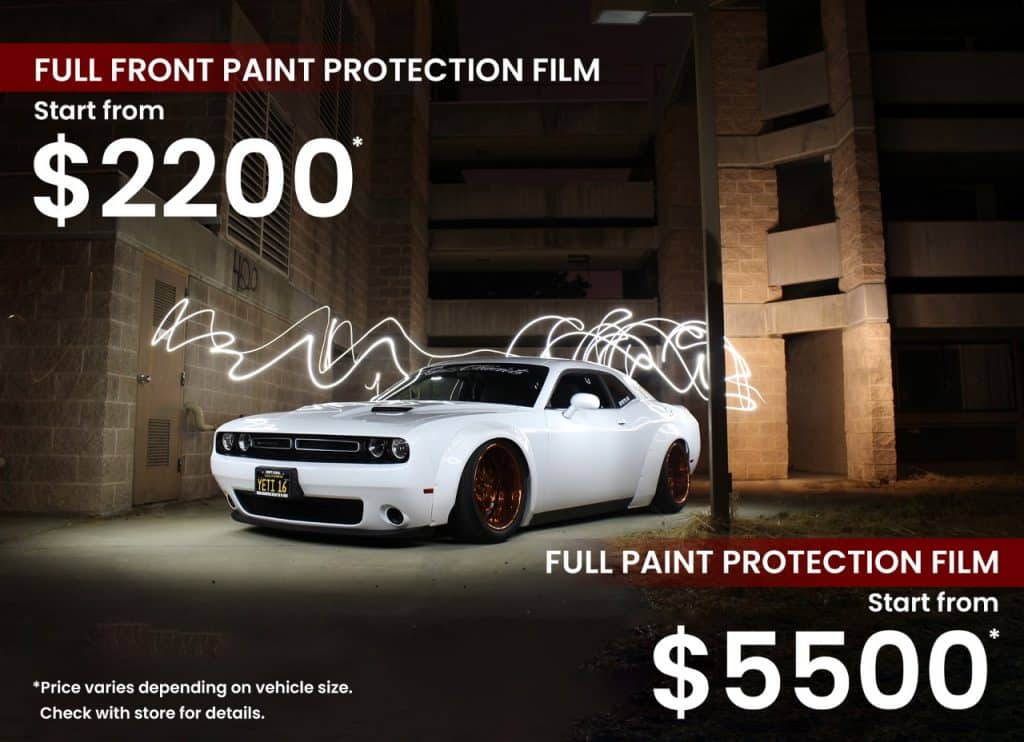
Do’s and Don’ts of Auto Window Tinting
Window tinting is a fantastic way to enhance privacy, reduce heat, and protect interiors from harmful UV rays. Whether you’re considering tinting your car, home, or office windows, doing it right can make all the difference. Here’s a guide to the essential do’s and don’ts to ensure the best results and longevity of your tinting investment.
Do’s of Window Tinting
- Research Local Tinting Laws – Before applying any tint, check local regulations to ensure compliance. Different states have varying rules on tint darkness and reflectivity.
- Choose High-Quality Tint – Investing in a high-quality film will offer better UV protection, durability, and longevity compared to cheaper alternatives that may bubble or fade quickly.
- Hire a Professional – While DIY kits are available, professional installation ensures precision, a flawless finish, and longer-lasting results.
- Wait Before Rolling Down Car Windows – After tinting your vehicle’s windows, wait at least 2 days before rolling them down to allow the film to fully adhere.
- Clean with Gentle Products – Use ammonia-free cleaners and a soft microfiber cloth to avoid damaging the tint film.
- Consider Ceramic Tint – These options provide superior heat rejection, UV protection, and durability without interfering with electronic signals.
Don’ts of Window Tinting
- Don’t Choose the Darkest Tint Without Checking Laws – While dark tints may look stylish, they can be illegal and may reduce visibility, especially at night.
- Don’t Apply Tint on a Dirty Surface – Dust, dirt, or smudges can cause bubbles and imperfections in the film.
- Don’t Use Abrasive Cleaners – Harsh chemicals and rough sponges can scratch or degrade the tint over time.
- Don’t Rush the Drying Process – The adhesive needs time to cure properly. Avoid excessive moisture and rolling down windows too soon.
- Don’t Ignore Maintenance – Regularly clean and inspect your tint to prevent peeling, bubbling, or discolouration.
- Don’t Attempt DIY If You’re Uncertain – While it’s possible to tint windows yourself, improper installation can lead to air pockets, peeling edges, and uneven tinting.
Final Thoughts
Window tinting is an excellent investment that enhances aesthetics, comfort, and energy efficiency. By following these do’s and don’ts, you can maximise the lifespan and effectiveness of your tint. Whether you opt for professional installation for auto window tinting or take on a DIY project, careful planning and maintenance will ensure long-lasting results.



